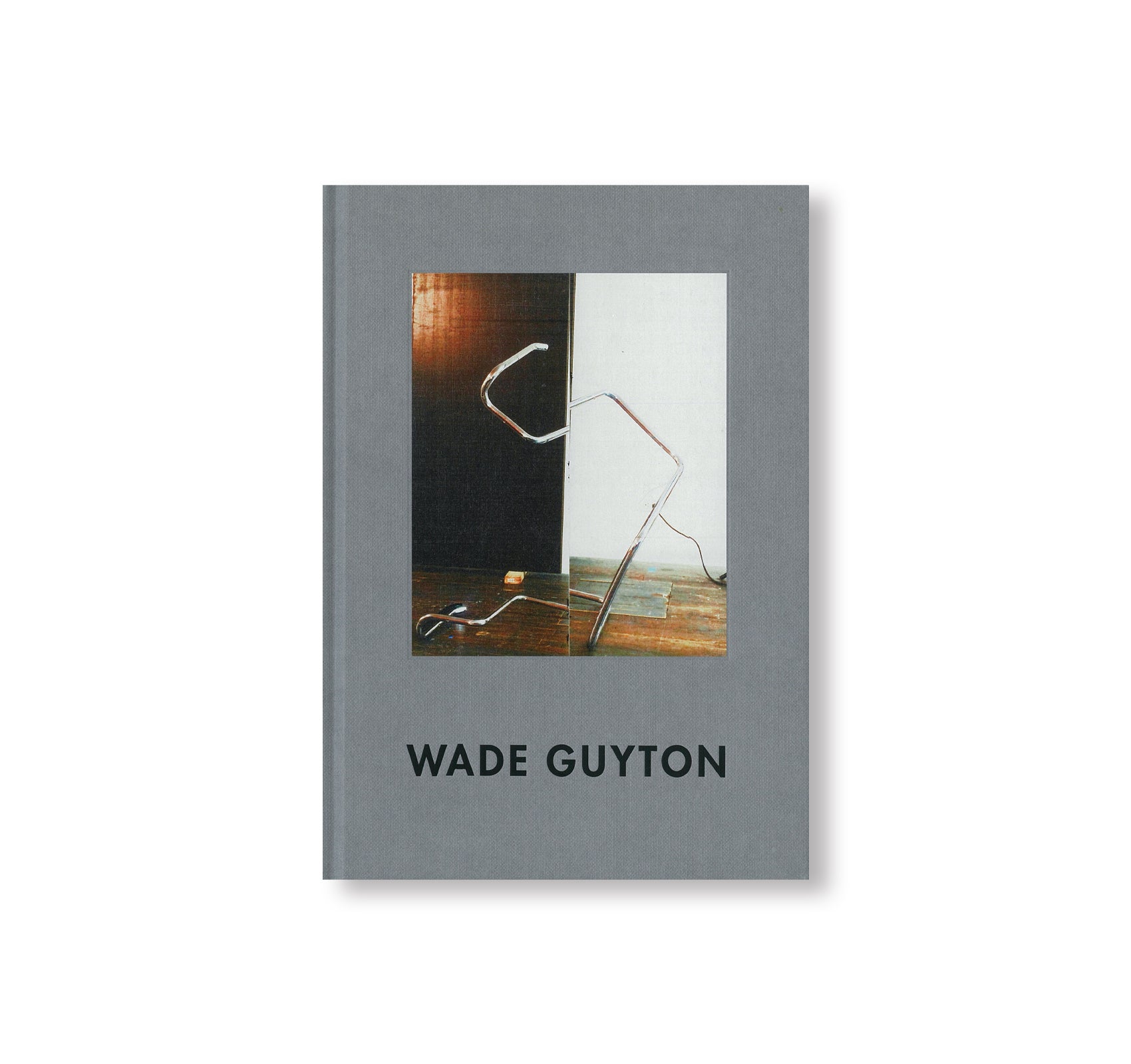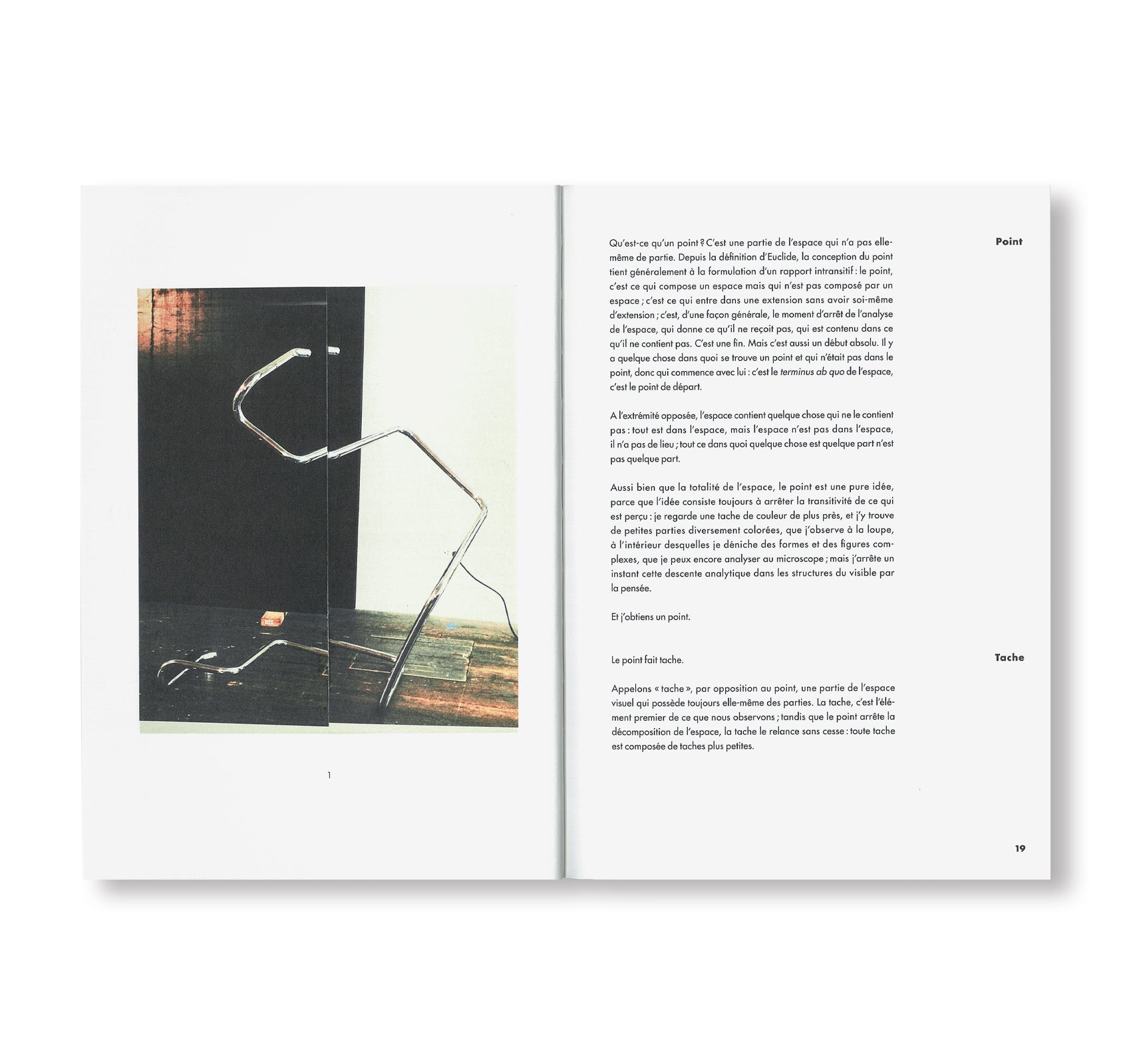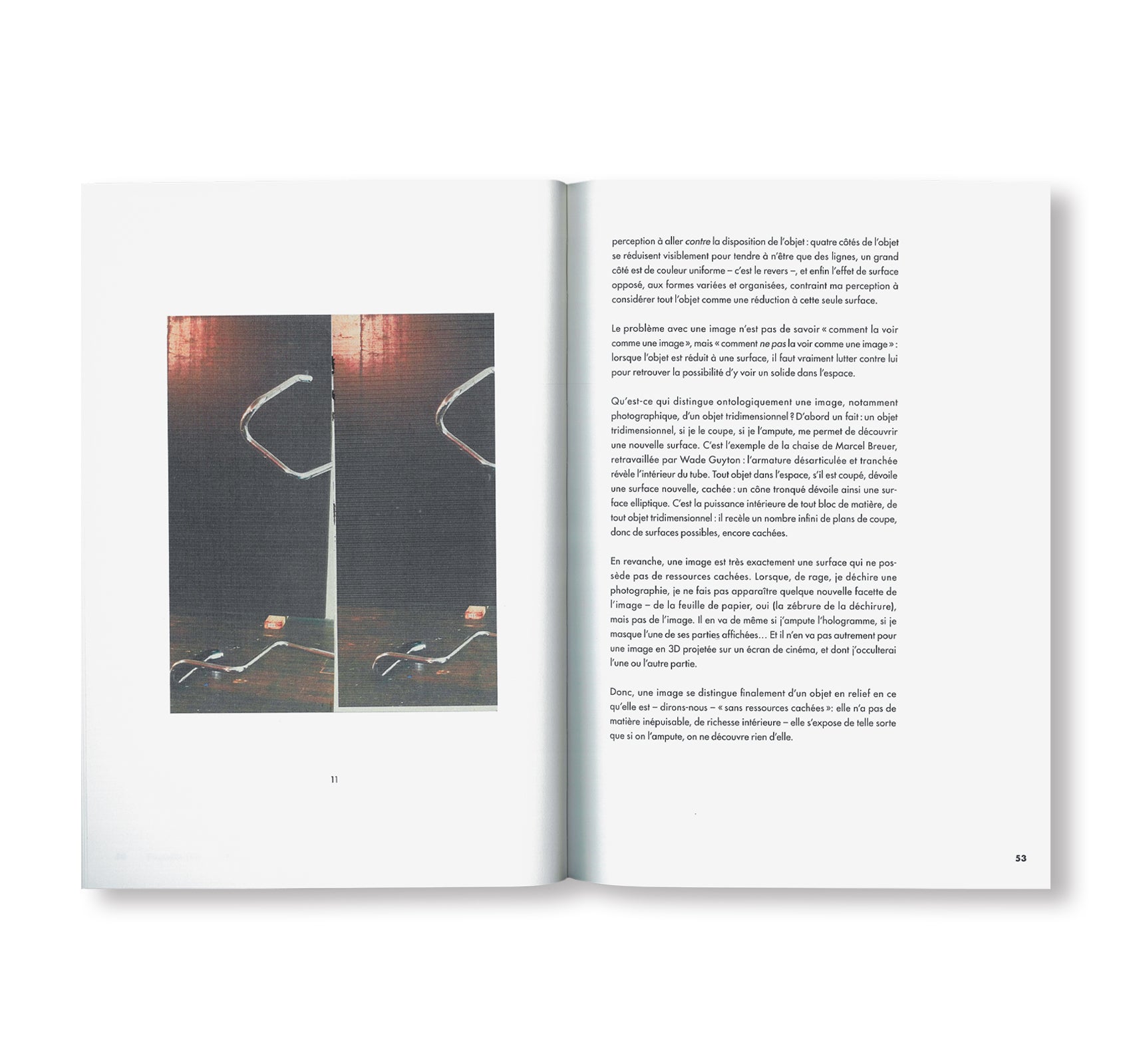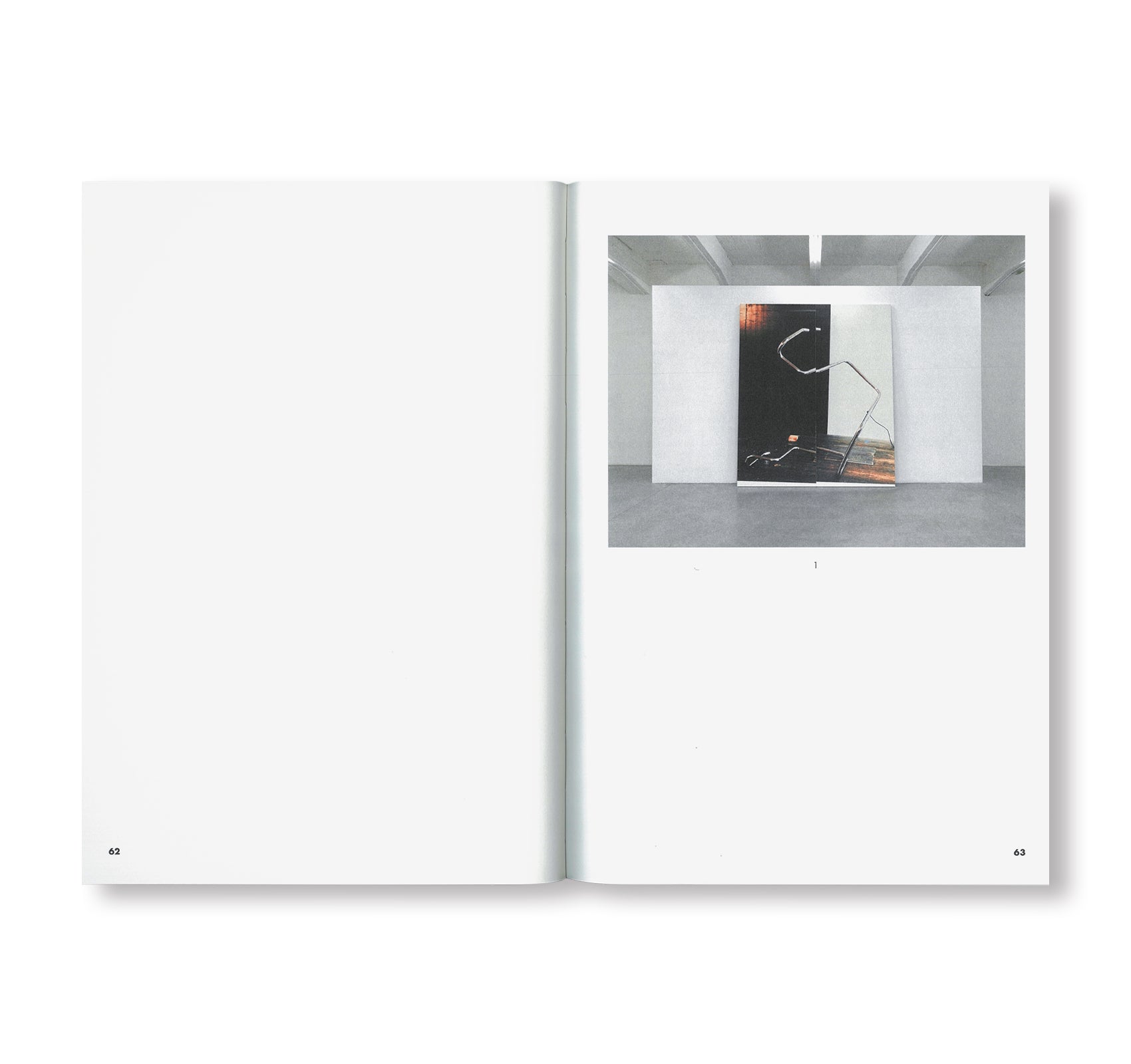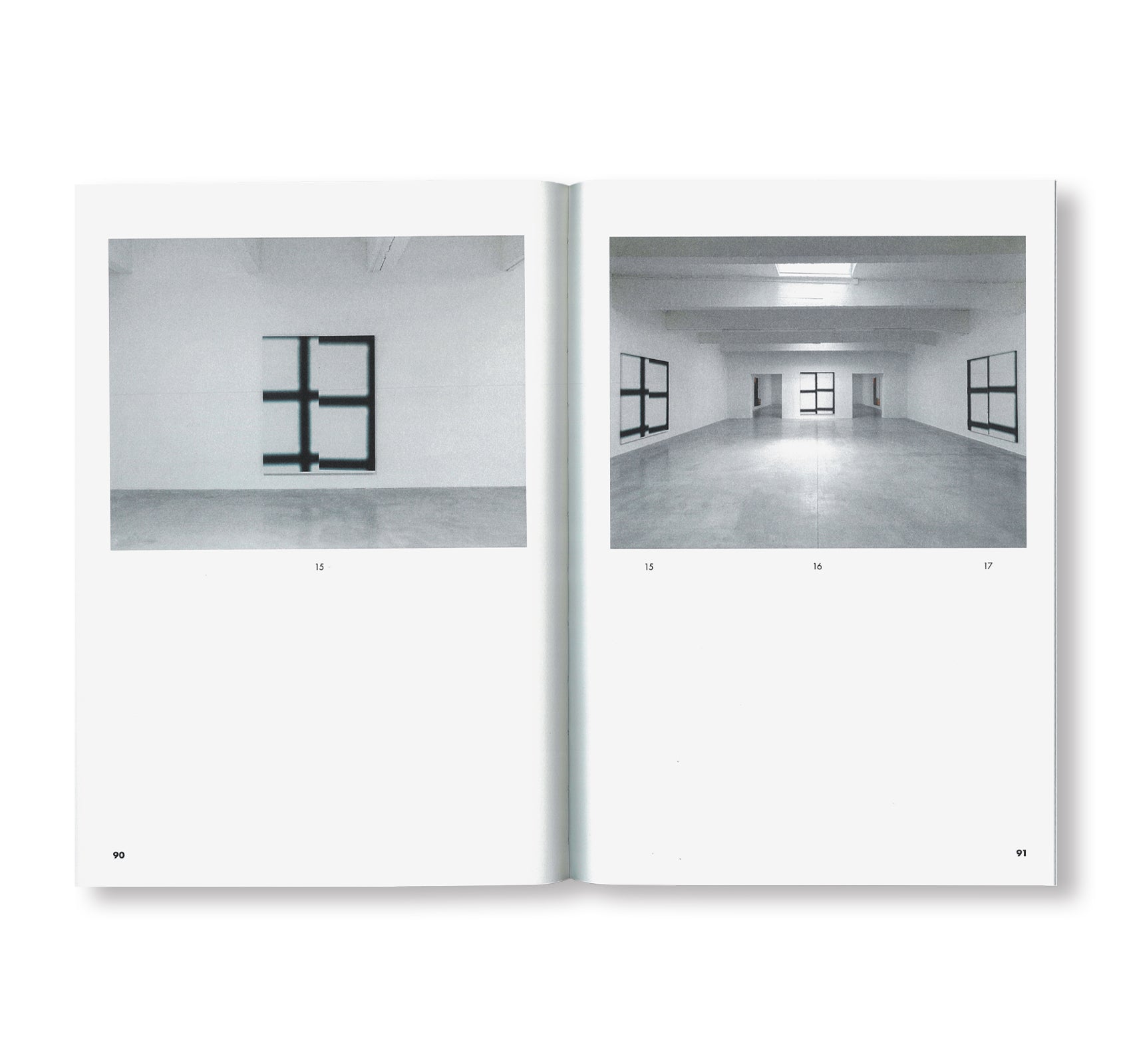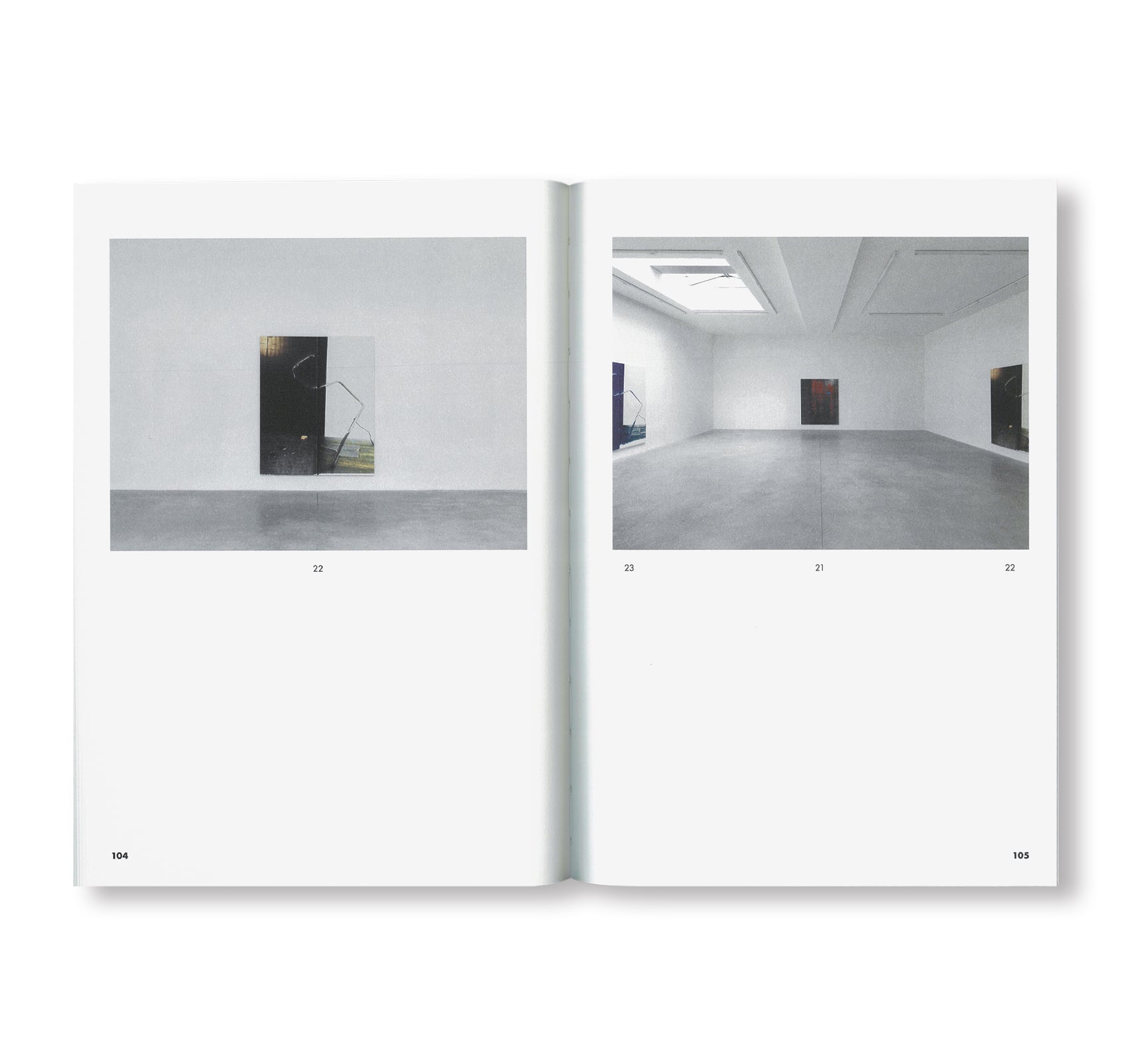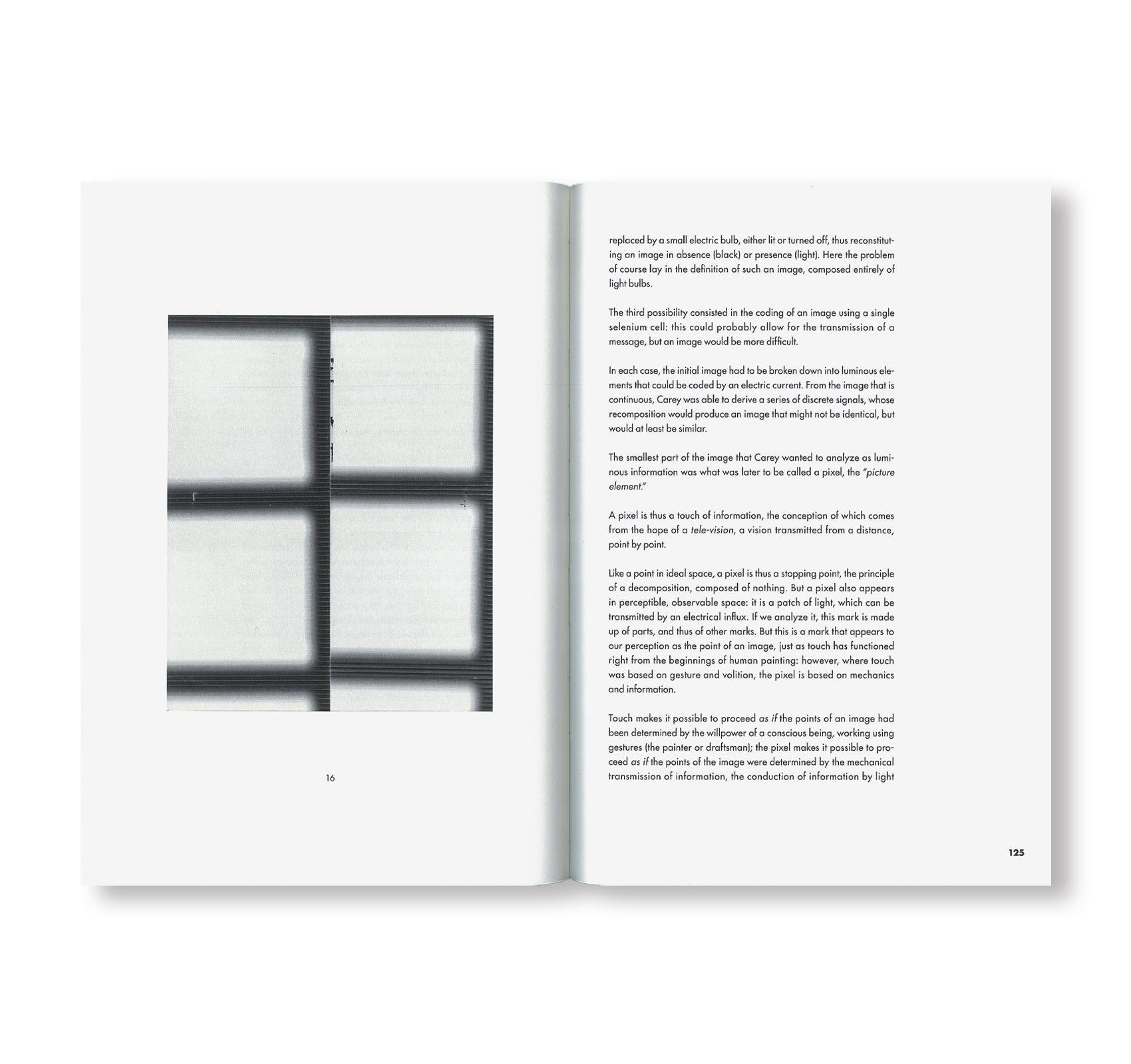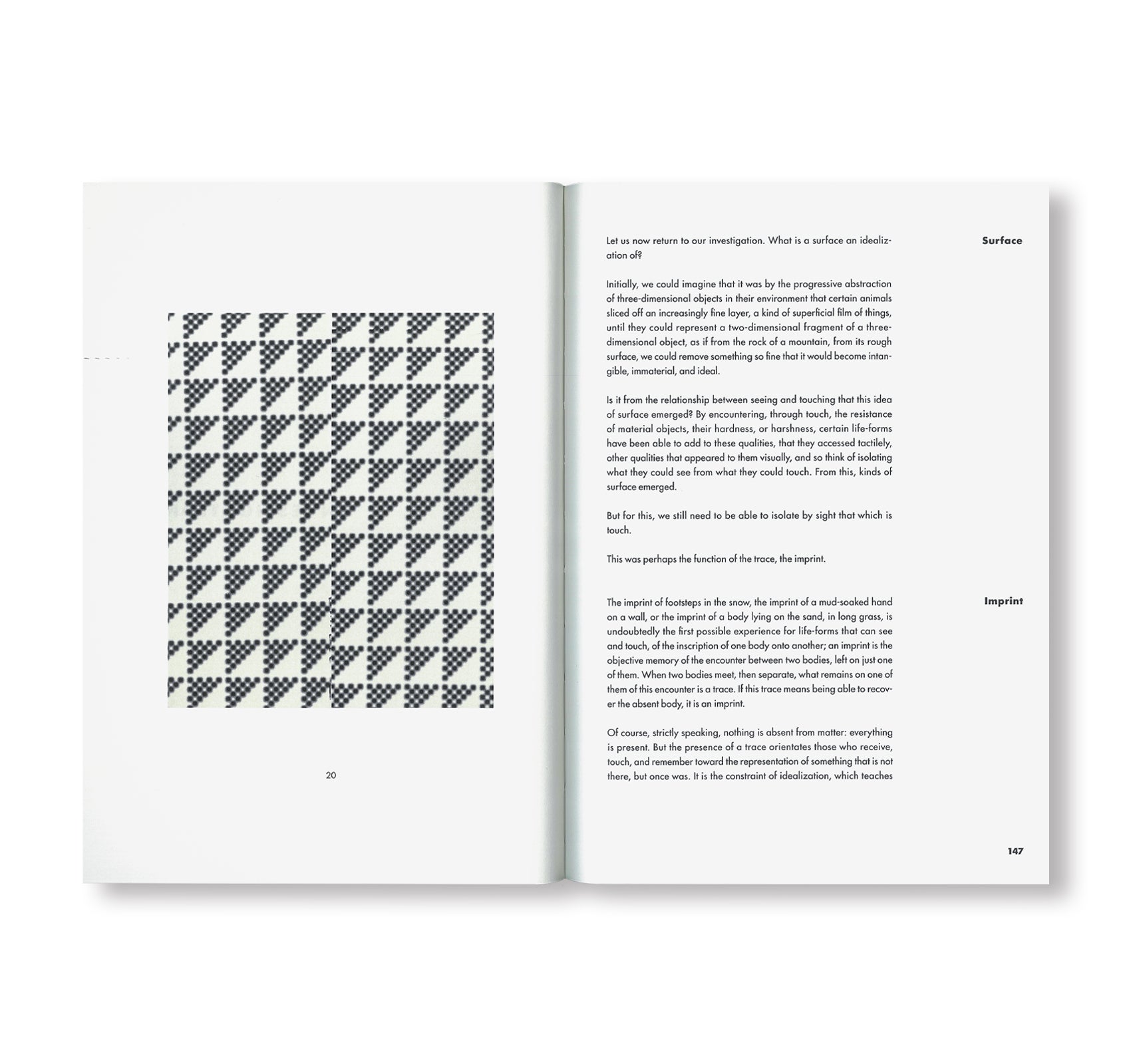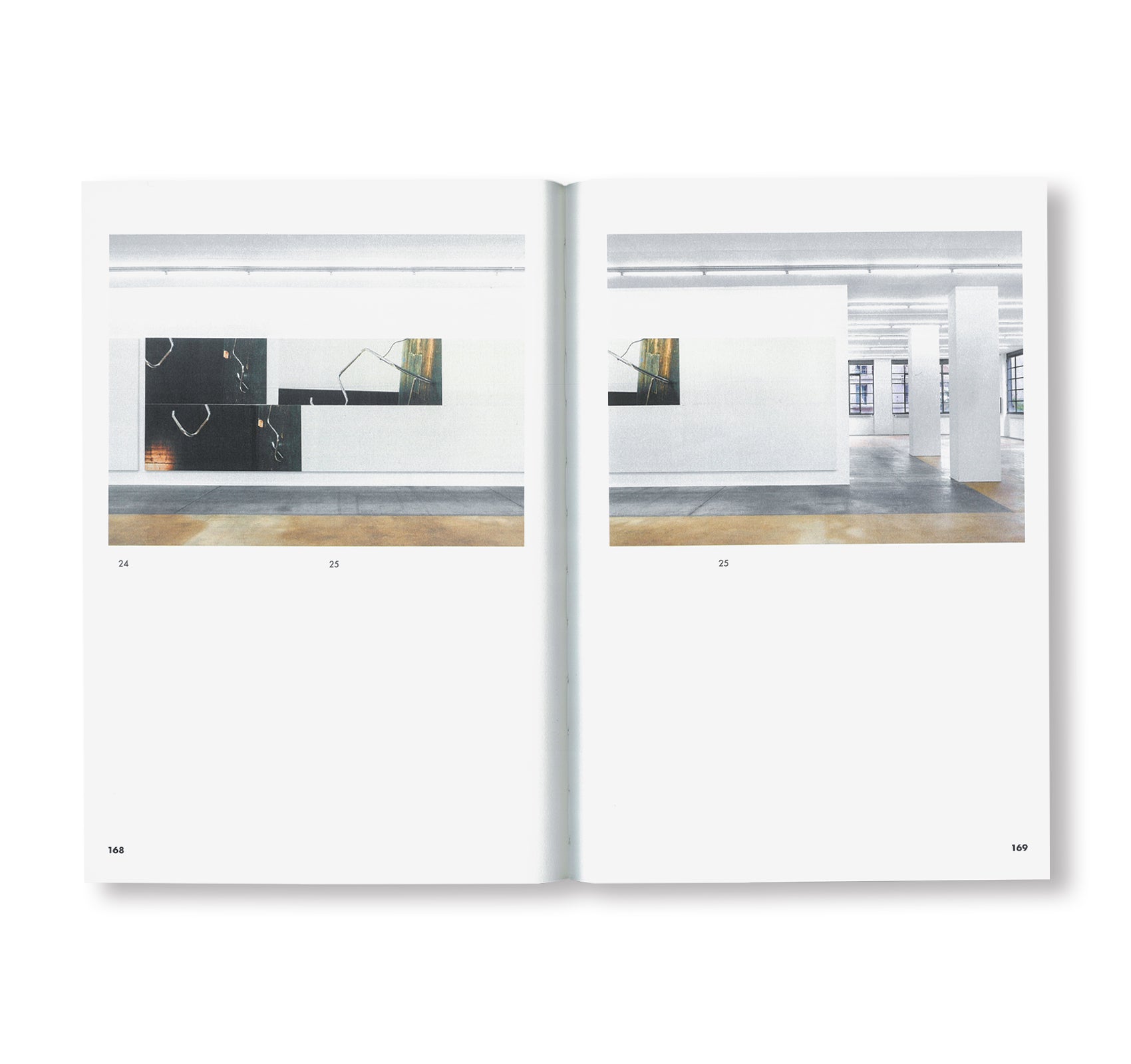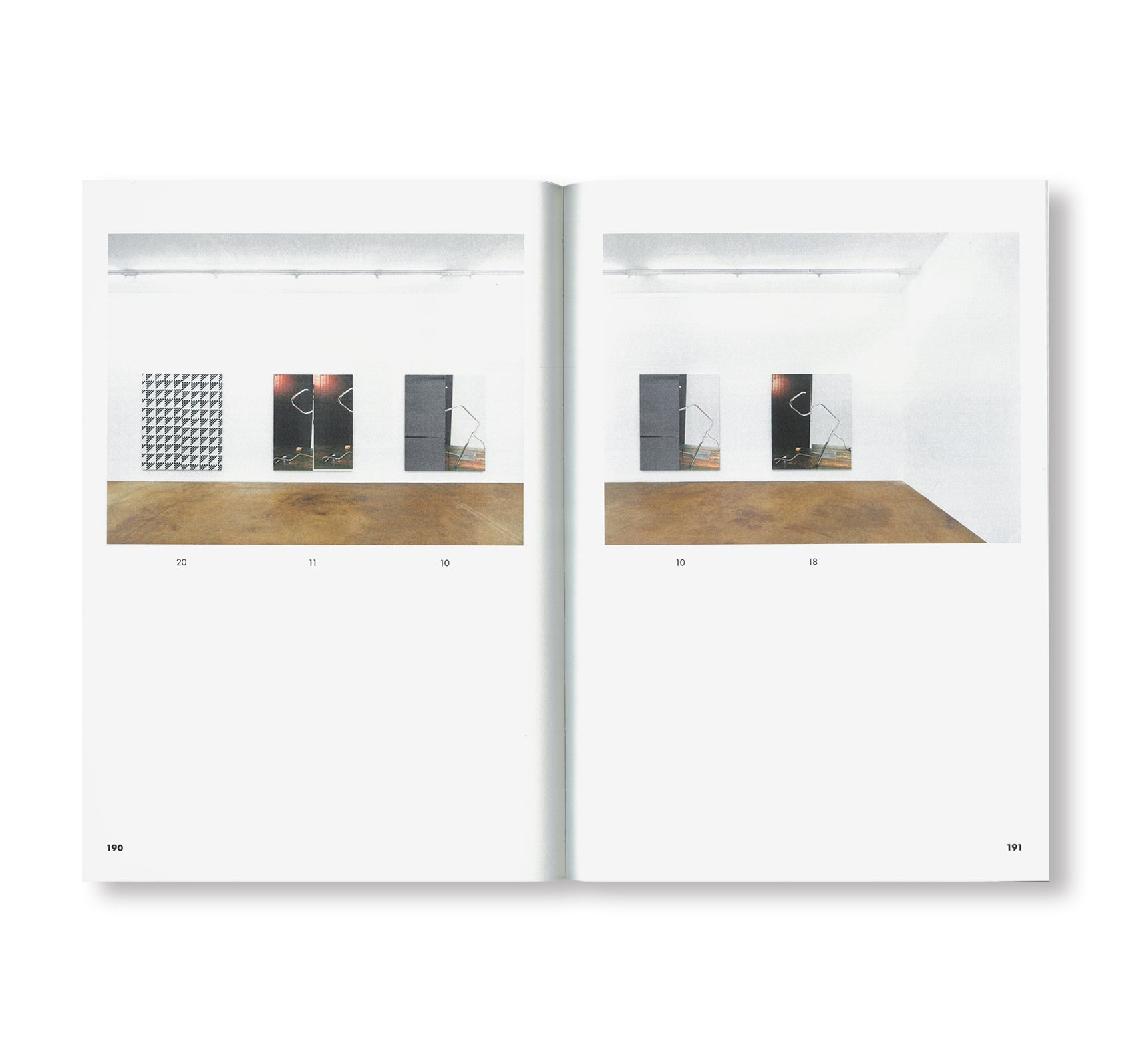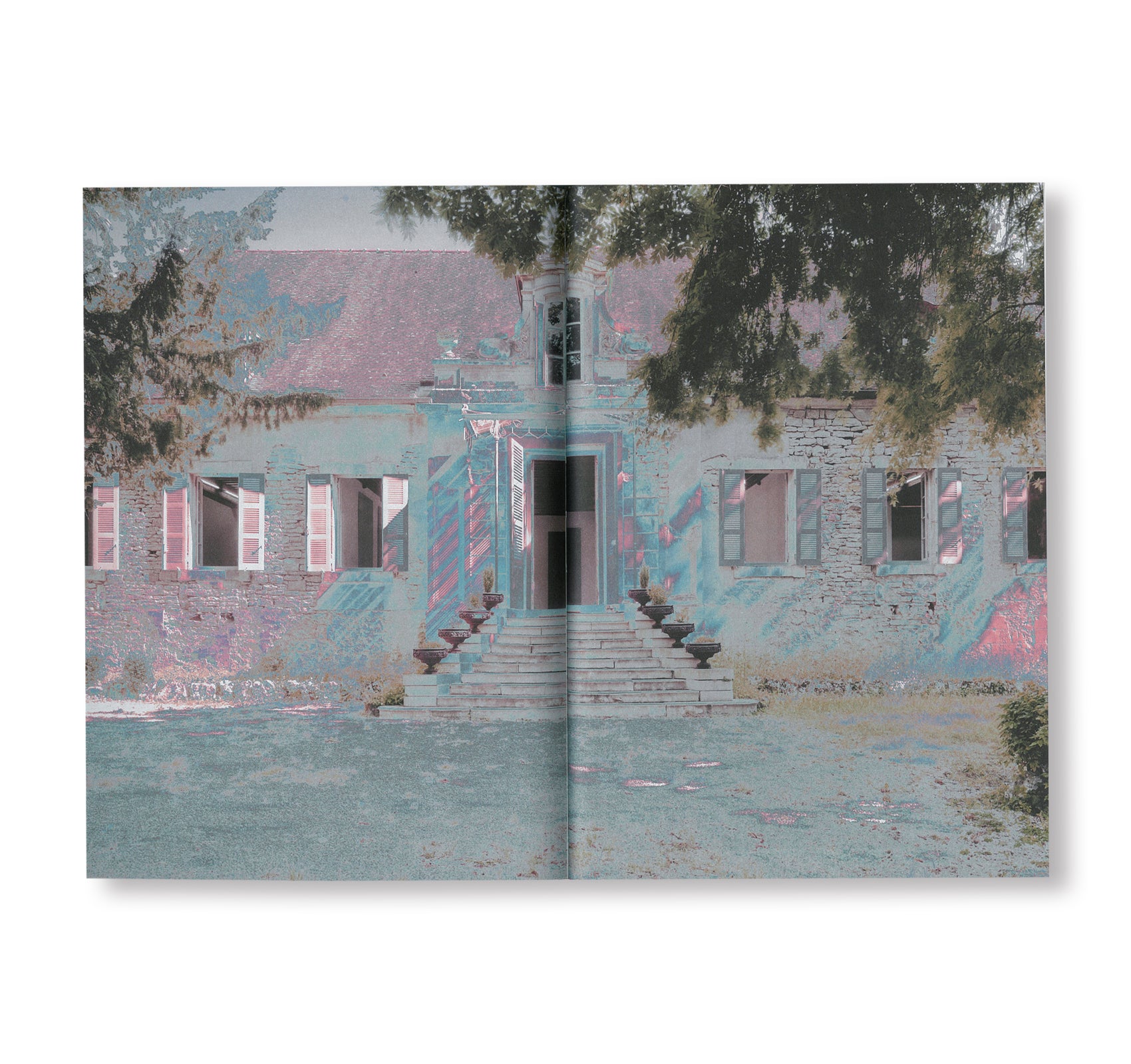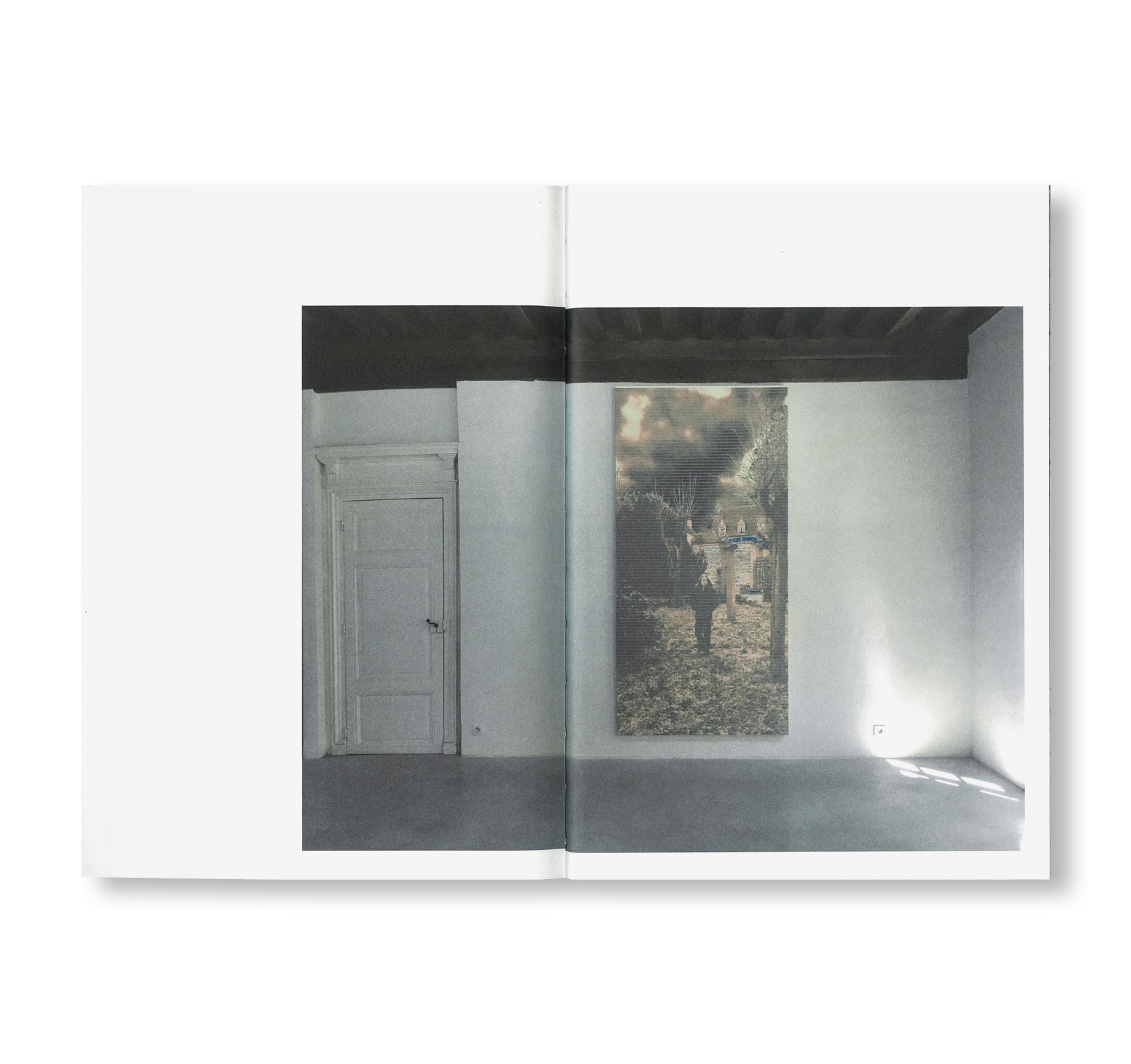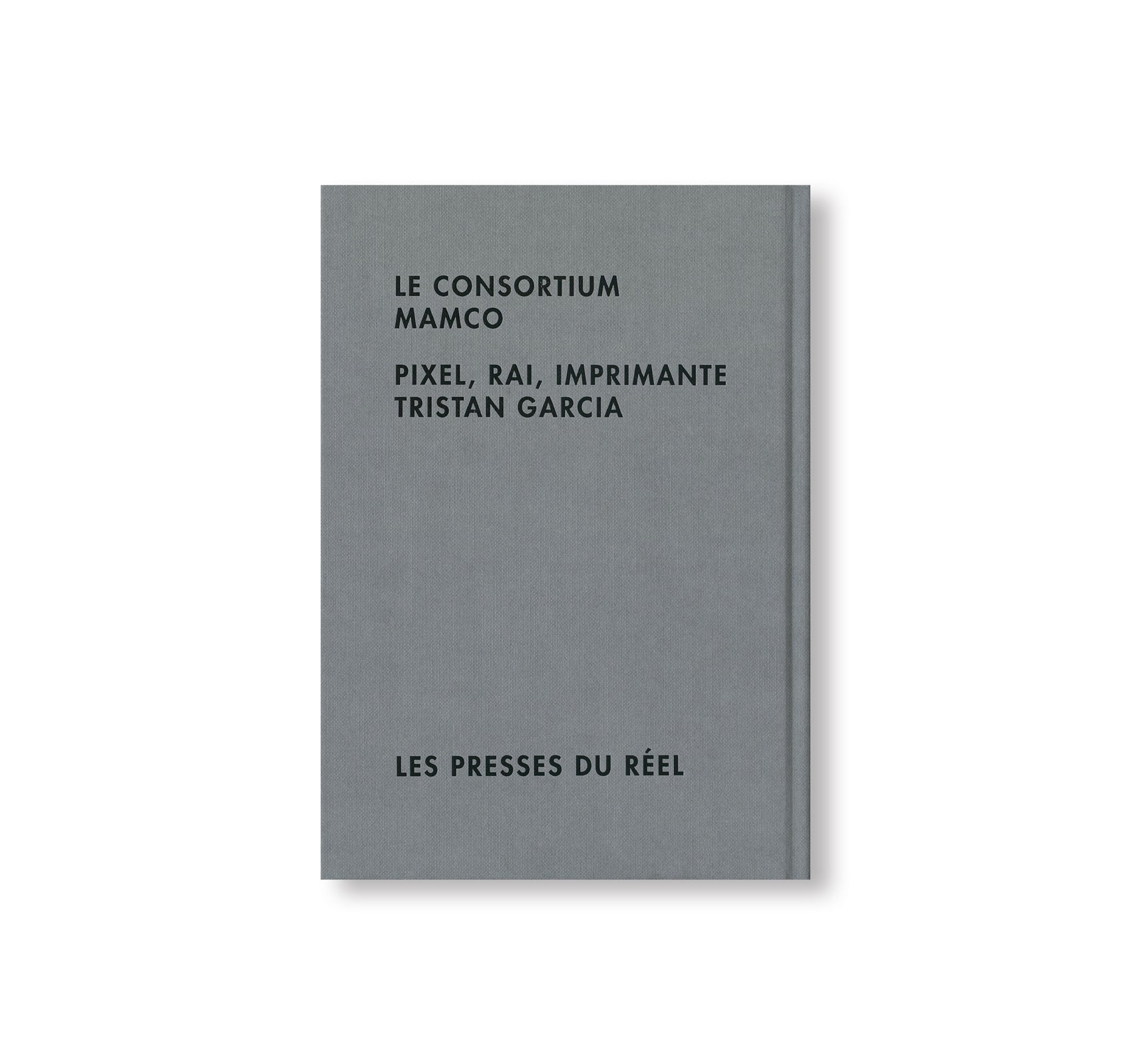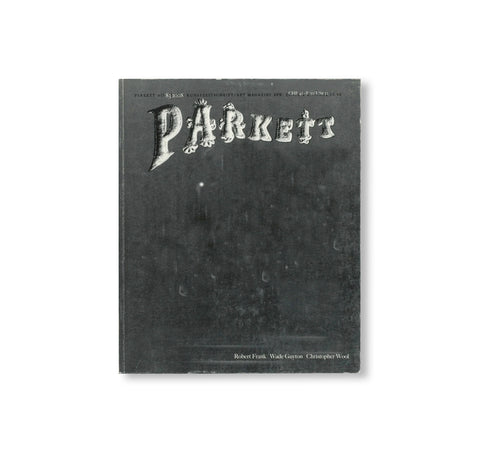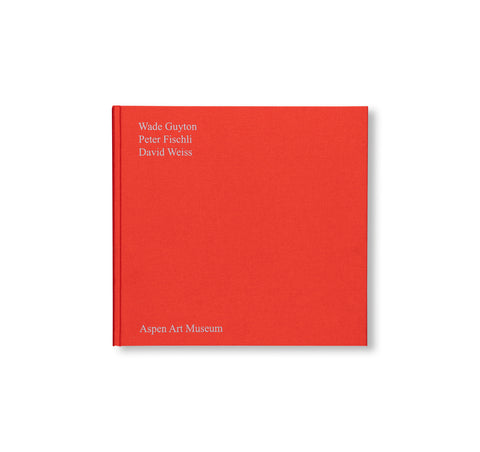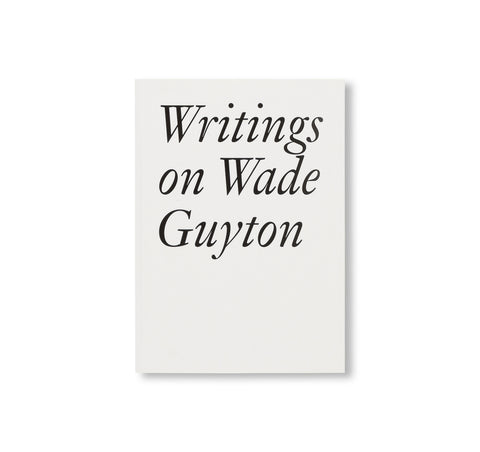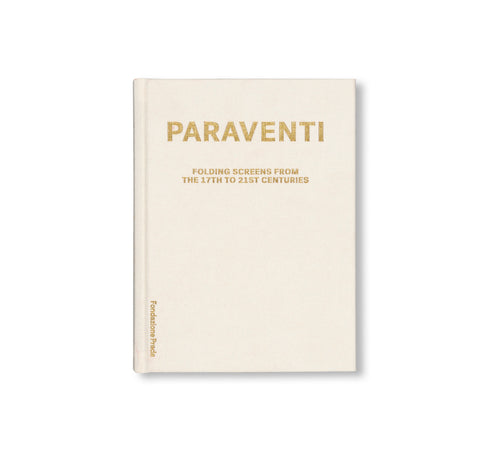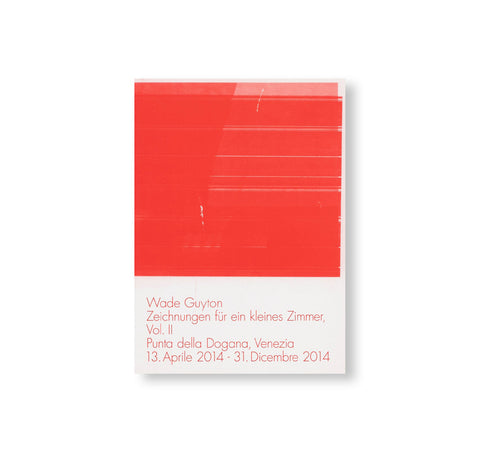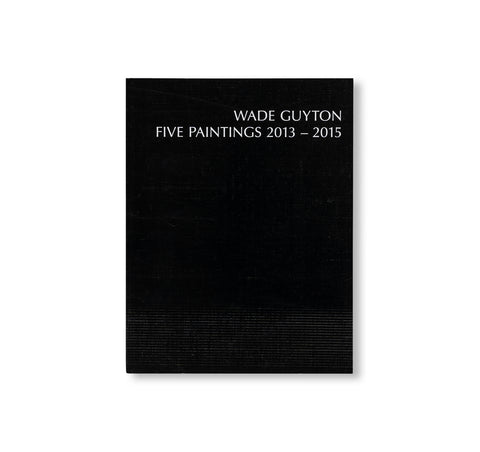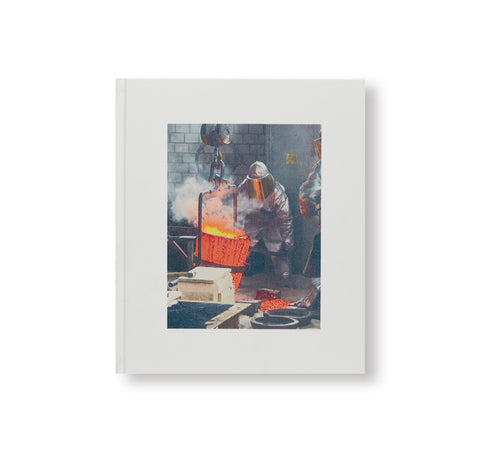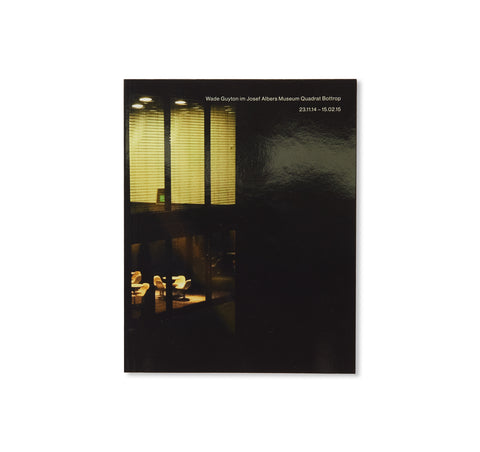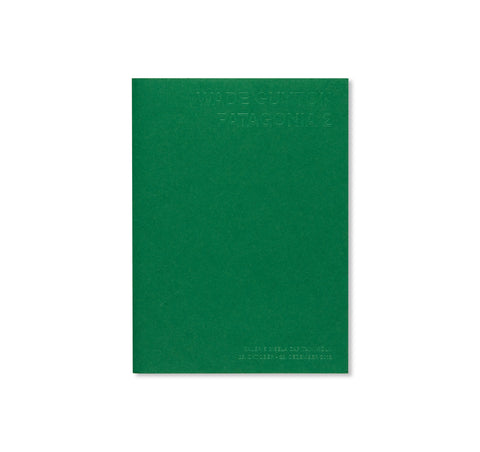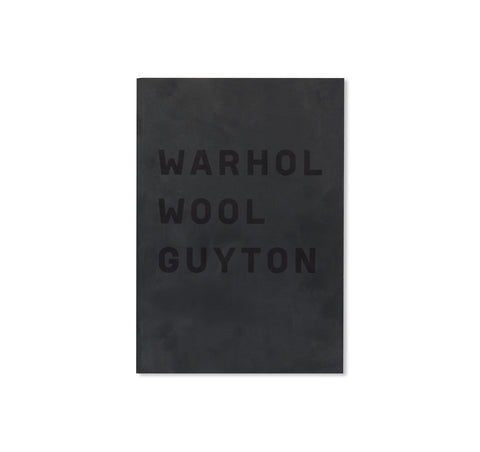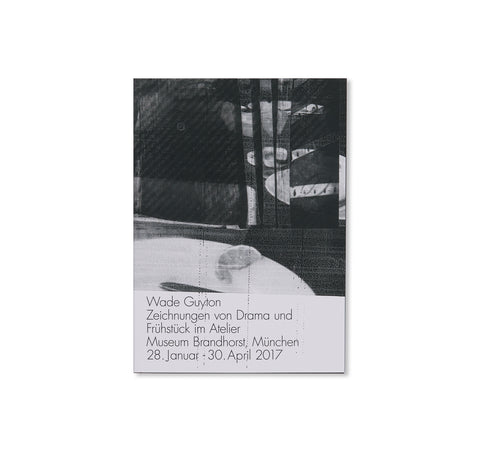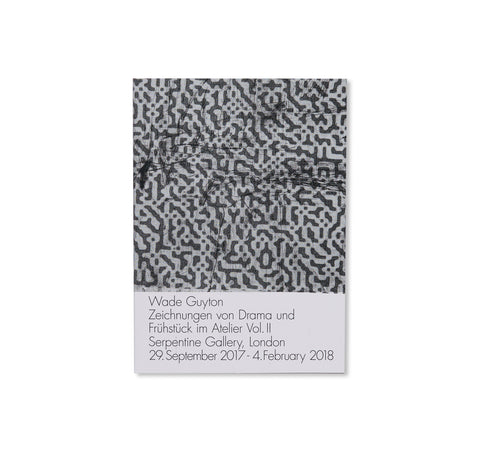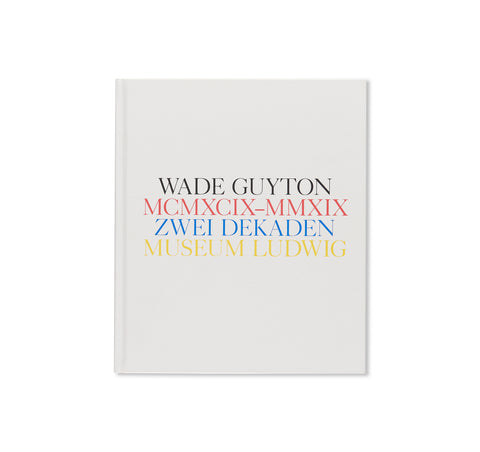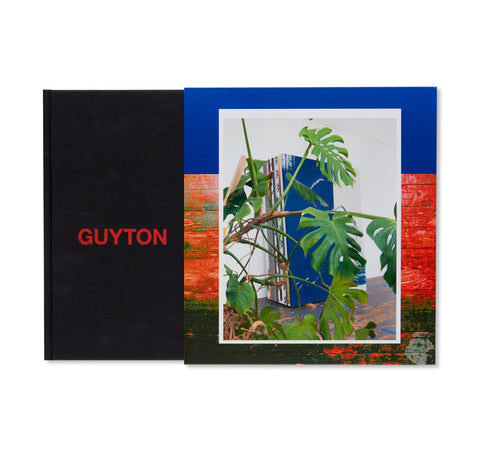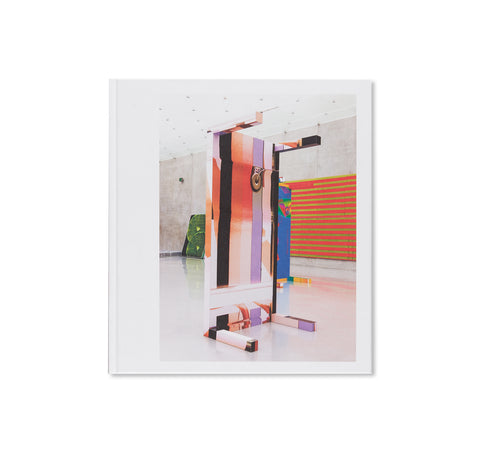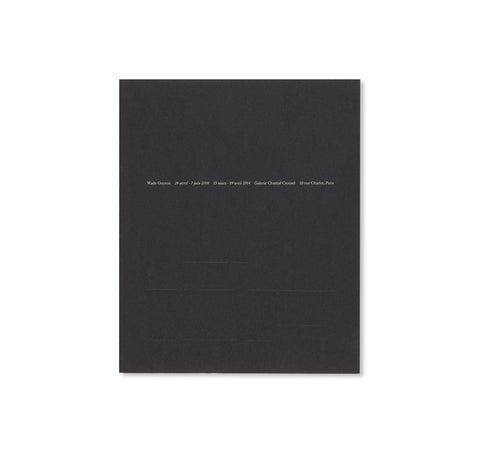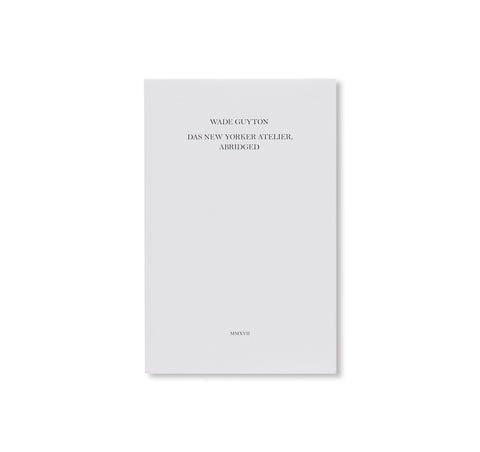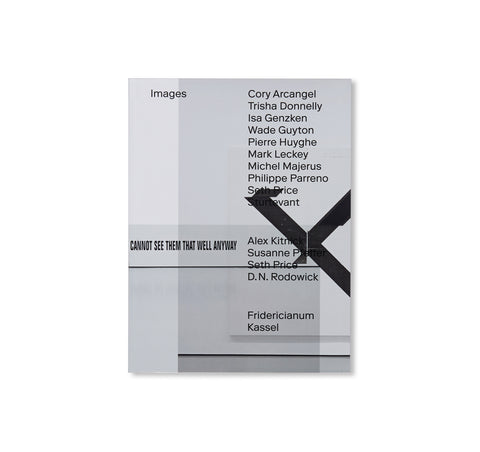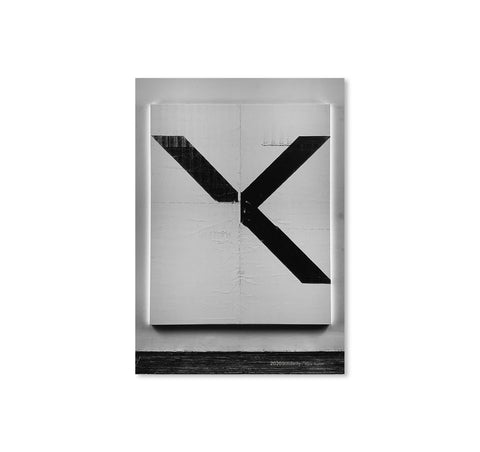WADE GUYTON by Wade Guyton
アメリカ人アーティスト、ウェイド・ガイドン(Wade Guyton)の作品集。30を超える最新の作品に大規模なキュレーション・プロジェクトを加えた一冊。フランス人小説家・哲学者のトリスタン・ガルシア(Tristan Garcia)による詳細なエッセイを収録。作者は彫刻、ドローイングそしてインスタレーション作品を制作してきたが、今回は「絵画」という形式に限定。2015年から2016年の間に作られた抽象絵画に加え、明確に具象作品も見せることで、作者の作品群の中で新たなチャプターが開かれている。様々な大きさの作品を見せる本展の中心となるのは作者のスタジオで撮られた1枚の写真である。手前に置かれているのは建築家であり家具デザイナーのマルセル・ブロイヤー(Marcel Breuer)の椅子のチューブ状の骨組みを改造した彫刻作品である。背景には、作者の「Black Paintings」と真っ白な壁も写る。本シリーズは、ビットマップファイルを接写したものと一緒に、ニューヨークにあるスタジオの木の床を用いた作品で完成する。
「自分の作品をまた異なる角度から理解すべく、スタジオで撮影し、そのイメージから絵画作品を制作するようになった。自分が使っているものと共に写真を用いるのは完全に理にかなっている。今使っているプリンターは、昔は暗室で現像していた写真の代わりとなるように作られている。画像というものの質を上げるはずの技術的進歩を装った、ある種の敵対的な商業活動なのだ。」
日々の制作から引き出された「伝記的な要素」が突発的に増えたことは、通常作者が展開している図像(イコノグラフィー)を崩壊させ、新たな視点を導き出す。自身の作品の『ミゼンアビーム(MISE EN ABYME)』(※註)を通して「イメージ」としての芸術の未来とともに、「製造」と「制作」の連鎖そのものに対し問いかけ続けている。
※註 「紋中紋」を意味し、絵の中のモチーフやテーマの中に同じようなイメージが入れ子構造で入っている表現、手法で、その情景が無限に続いているようにも見える。
New monograph, presenting over thirty new works produced specifically for a large-scale curatorial project, with an in-depth essay by Tristan Garcia. Though Wade Guyton also produces sculptures, drawings, and installations, he chose this time to limit himself to the “painting” format. He is taking on a new chapter in his work with a series of clearly figurative pieces, alongside more abstract works, all created between 2015 and 2016. The central image of the exhibition, spanning various dimensions, is a photograph taken in his studio. In the foreground lying on the floor is one of his sculptures, a modified tubular framework from a Marcel Breuer chair. In the background, we make out the right side of one of his “Black Paintings,” as well as the white wall on which it is resting. The series is completed with representations of the wooden floor in his New York studio, as well as close-ups of bitmap files.
“In order to understand my work from a different angle, I started photographing it in my studio and producing paintings from these images. It's perfectly logical to use a photographic image with the tools I'm using. My printers have been designed to replace photographs that used to be developed in a darkroom. A kind of hostile commercial operation disguised as a technological progress that is supposed to improve an image.”
The sudden upsurge of biographical elements drawn from the reality of his daily practice disrupts the iconography usually deployed by this artist and opens new perspectives. Through a mise en abyme of his own work, Wade Guyton keeps questioning the entire chain of production and representation as well as the future of art as an image.
